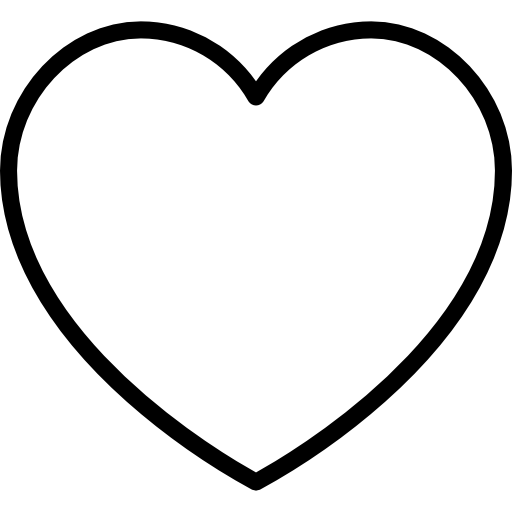ROGAN ART KIT - Set of 6 colours handmade by the artist and kalam and cloth
EMI available: Pay in installments with your preferred Credit/Debit cards.
![]() Get Upto 10% OFF on purchase of this product.
Get Upto 10% OFF on purchase of this product.
![]() Get upto 10% OFF on Live Workshops when sign up for 2 or more workshops.
Get upto 10% OFF on Live Workshops when sign up for 2 or more workshops.
![]() Earn upto 8,000 Points on purchase of this product.
Earn upto 8,000 Points on purchase of this product.
ROGAN ART KIT
This set includes 6 colours used in Rogan art that are handmade by the artist Rizwan Khatri as well as the Needle used
The 3 colours included in this set are Blue, Red, Yellow, Green, Pink & Orange and this Kit also includes the traditional Kalam used by them. Please note that the artist will make the colours once the order is placed and it will take us 2 weeks to deliver the kit along with the colours to you within India from the time the order is placed.
Please note that this kit is made to order as Rogan colours take time to be made and will take at least 2 weeks to be done
How are the colours made:
- The colours are prepared using castor oil. For this the artist needs to travel to the forest, as burning castor oil produces foul odor. This results in a gelatinous substance used to make the painting called rogan.
- The colours are obtained from varied sources for example, red is obtained from red lead oxide, orpiment for yellow, powdered mica for silver, white lead for whie, orpiment and indigo are mixed for green, silver and gold leaf for metallic effect, indigo for blue, black from charcoal, brown from the stones from nearby river.
How are the colours used: A lump of paint is mixed on the palm with the rod till it is stretched to a thread like structure. It is then be used by manipulating the cloth from below. Please signup for our Rogan art workshop by artist Rizwan Khatri for a detailed understanding of how creating Rogan paintings. If there is no upcoming live rogan art workshop, you can also buy the recording of a previous workshop.
How can you clean your hands after using the colour: The paints are all organic, you can clean your hands using any oil (coconut/ olive) and rubbing it off with a rough cloth.
DETAILS
- The 6 colours included in this set are Blue, Red, Yellow, Green, Pink & Orange- 50 ML each
- Cloth for painting- about 1 meter
- Kalam- this is the traditional iron kalam /small rod used by the artist
- Delivery time : 2 weeks domestically from date of order and 3 weeks for international orders
- The colours generally last for about 15 days so please use them within 10 days of receiving them, and do not open them until you are ready to use them as they can dry up easily
ABOUT THE ARTIST: Rizwan Khatri is a 7th generation Rogan artist. His father Sidik Khatri, a well known Master artist from village Nirona in Kutch lost everything after the 2001 earthquake and had to forcibly give up rogan art in order to support his family . Rizwan was a young student then but had the vision and love for his family's heritage to take up rogan art again. His father, first skeptical, saw his perseverance and supported him and his brother then took up the art too and together they have been innovating and taking this art forward in new ways. His work has now also been showcased at the Lakme Fashion Week and a painting by him has also been presented by PM Modi to the British High Commissioner. Rizwan has now also taken the initiative to teach this art to 15 women in his village - again a testament to his progressive thinking as women were earlier barred from learning this art.



